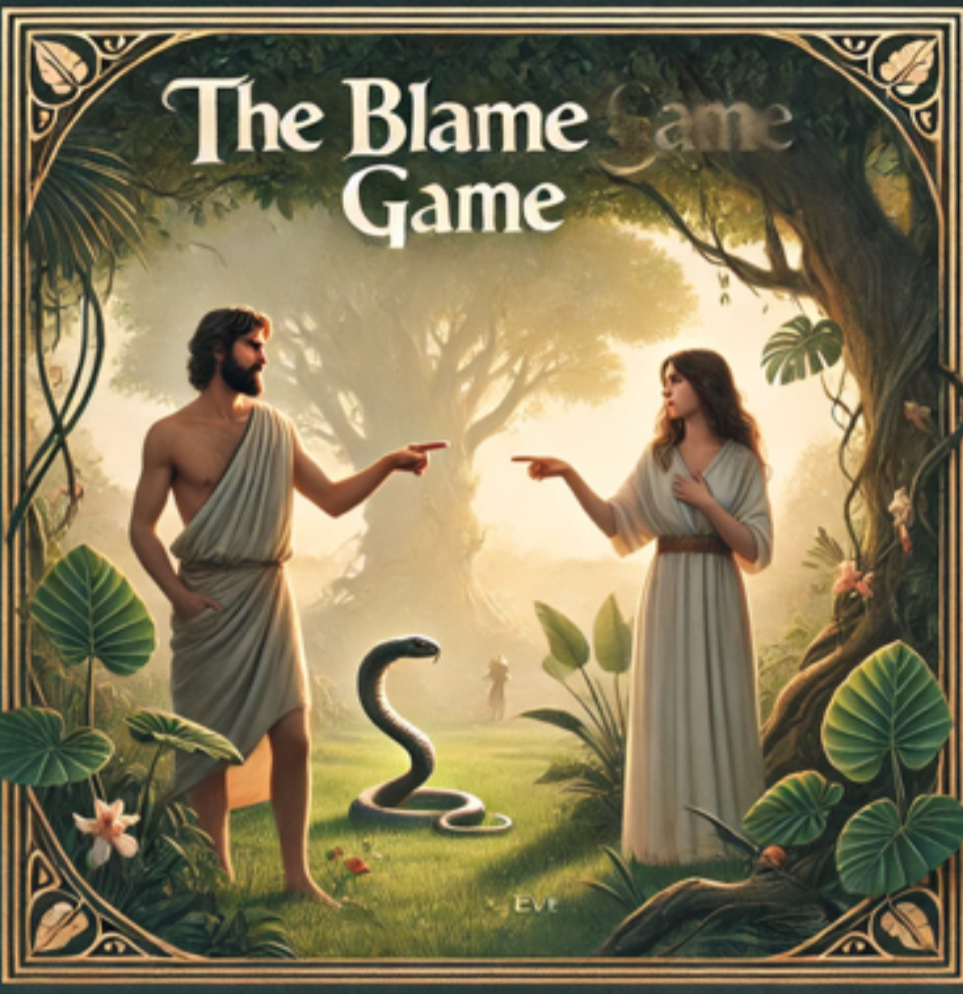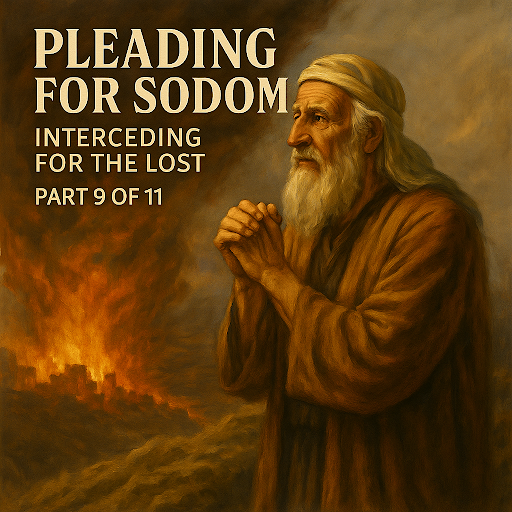Not too long ago, I was dealing with my kids after one of those classic “who-did-it” situations. You’ve probably been there yourself. Something got broken, someone spilled something, or maybe one of them said something unkind to another. The moment I asked what happened, fingers started flying. “He started it!” “She told me to!” “I didn’t mean to, but they made me!” Each one was quick to point the blame somewhere else. No one wanted to take responsibility, even though it was clear someone was at fault.
As I read Genesis 3 today, I couldn’t help but see a bunch of kids pointing fingers at eachother. It’s funny how some things never change.
In Genesis 3, Adam and Eve had just sinned by eating from the tree God specifically told them not to touch. When God questioned Adam, instead of admitting what he did, Adam said, “The woman whom thou gavest to be with me, she gave me of the tree, and I did eat.” Adam essentially blamed both Eve and God! When God turned to Eve, she passed the blame too, saying, “The serpent beguiled me, and I did eat.” No one wanted to admit they had disobeyed God.
This is the first recorded instance of the blame game, and sadly, it’s a game humanity has been playing ever since.
Why Do We Blame Others?
Blaming others seems to come naturally, doesn’t it? When faced with guilt, embarrassment, or consequences, it’s easier to shift the responsibility than to admit our faults. It’s a defense mechanism to protect our pride. No one likes to feel wrong or exposed, so we cover it up by pointing fingers.
But what good does that do? When Adam and Eve blamed others, it didn’t undo their sin. It didn’t bring them back into fellowship with God. It only added excuses to their guilt.
Other Bible Examples
The Bible is full of examples of people blaming others for their mistakes. In Exodus 32, when Moses confronted Aaron about the golden calf, Aaron said, “Thou knowest the people, that they are set on mischief” (Exodus 32:22). He tried to shift the blame to the people, even though he was the one who made the calf!
In 1 Samuel 15, King Saul disobeyed God’s command to destroy the Amalekites completely. When confronted by Samuel, Saul blamed the people, saying they spared the best sheep and oxen to sacrifice to the Lord (1 Samuel 15:15). Rather than admitting his disobedience, Saul tried to excuse it by pointing to others and even dressing it up as something spiritual.
The Danger of Blame
Blame keeps us stuck. It keeps us from growing and from experiencing God’s grace. When we blame others, we miss the opportunity to confess our sins and be forgiven. 1 John 1:9 reminds us, “If we confess our sins, he is faithful and just to forgive us our sins, and to cleanse us from all unrighteousness.” But that forgiveness only comes when we own our sins and bring them to God, not when we shift the blame to someone else.
Extreme Ownership
There’s a phrase that’s been used a lot in recent years: “extreme ownership.” It’s the idea that we should take full responsibility for our actions and decisions, whether good or bad. As Christians, we are called to do just that. Blaming others may feel easier in the moment, but it’s not God’s way. True growth and restoration come when we humble ourselves, admit our faults, and seek God’s mercy.
Imagine if Adam had said, “Lord, I sinned. I disobeyed You.” Or if Eve had said, “Lord, I shouldn’t have listened to the serpent.” Their story would have looked so much different.
When we mess up, let’s own it. Let’s confess it to the Lord, trust His forgiveness, and move forward in His grace. Playing the blame game might feel like the easy option, but it’s never the best one. Owning up and confessing—that’s the path to peace and restoration.
Next time you catch yourself pointing fingers, stop and ask yourself: “What do I need to own here?” Then take it to the Lord and let Him work in your heart.




